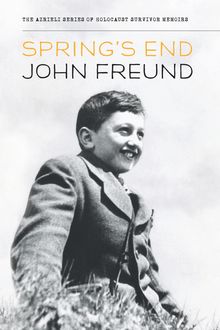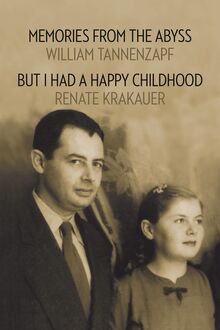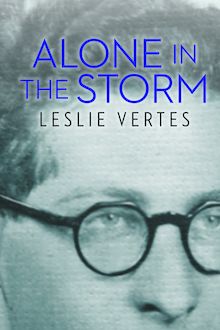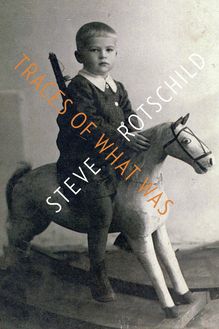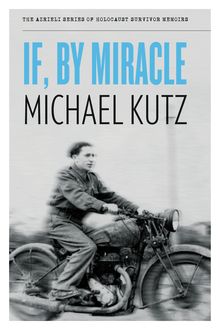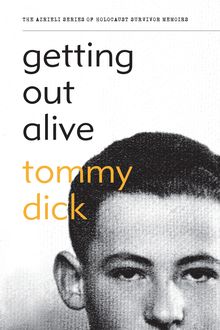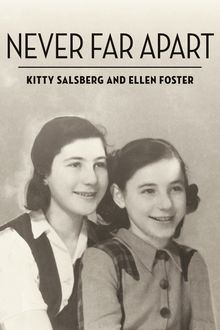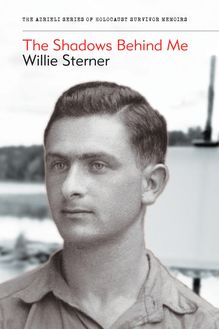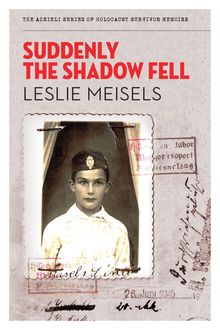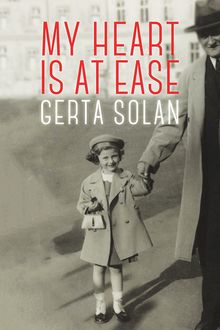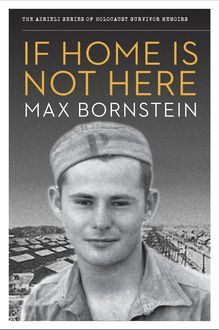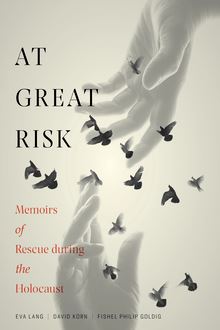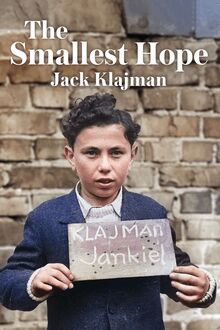Alone in the Storm , livre ebook
104
pages
English
Ebooks
2015
Vous pourrez modifier la taille du texte de cet ouvrage
Obtenez un accès à la bibliothèque pour le consulter en ligne En savoir plus
Découvre YouScribe et accède à tout notre catalogue !
Découvre YouScribe et accède à tout notre catalogue !
104
pages
English
Ebooks
2015
Vous pourrez modifier la taille du texte de cet ouvrage
Obtenez un accès à la bibliothèque pour le consulter en ligne En savoir plus
Publié par
Date de parution
15 septembre 2015
Nombre de lectures
6
EAN13
9781988065144
Langue
English
Poids de l'ouvrage
3 Mo
In 1944, twenty-year-old Leslie Vertes escapes from a forced labour detail in Budapest and miraculously survives by assuming a false identity. About to taste freedom as the end of the war nears, his liberation is shortlived when he is caught by the new Soviet regime and sent for two years of back-breaking labour and captivity. Years later, when he and his family flee to Canada, Leslie finally finds true freedom.
Publié par
Date de parution
15 septembre 2015
EAN13
9781988065144
Langue
English
Poids de l'ouvrage
3 Mo
